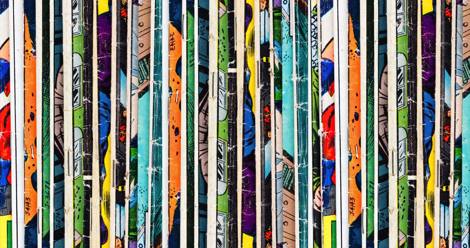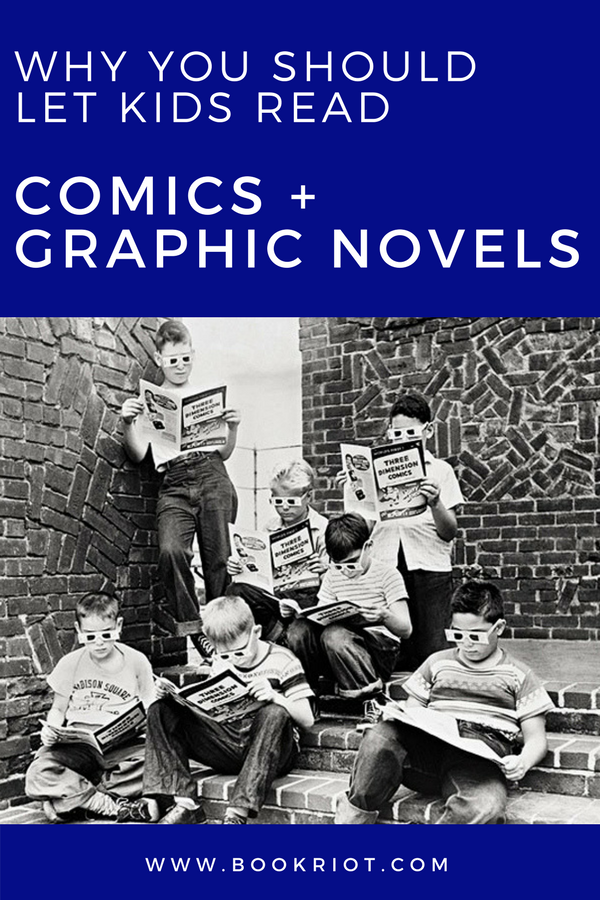
Annual Reminder that Graphic Novels are “Real” Reading
It’s time for Summer Reading Programs to kick off at libraries nationwide. When school is not in session, libraries are flooded with children and families looking for engaging activities to occupy their time, which is great! Because if students aren’t reading and participating in learning activities over the summer, they can lose a lot of the progress they made in the previous school year, which teachers and other educational professionals refer to as “summer slide.”
What’s great about informal learning outside the classroom is that children are free to pursue their own interests and select their own books! A whopping 92% of children say they are more likely to finish a book they pick out themselves versus one an adult forces them to read.
I love helping children select books they’re excited to read, and delight in finding them titles based on their own interests and reading tastes. However, without fail, I will encounter parents who are not allowing their children to read graphic novels, or are telling kids these “don’t count.”
My initial reaction is to go all President Bartlett on them.
Then I remember I am a professional and this is a learning opportunity for parents and caregivers, too! So I’ve developed some talking points to help parents get over their anti-comic bias. I also share this with my staff so they are better prepared should an adult try to deny a child from experiencing the wonderful world of graphic novels.
Literary Merit of Comics and Graphic Novels for Kids
- Often times, graphic novels contain higher level vocabulary words than print-only books for readers in the same age range, and are great for introducing children to new words.
- Graphic novels are great for visual learners. They force readers to actively engage with the text to decipher the interplay between text and images and to decode the differences in text format that signal it as narration or dialogue. Readers must interpret facial expression of characters and body language instead of reading descriptions in the text that explain their moods and tone.
There’s absolutely nothing wrong with encouraging children to read outside their comfort zone or select more challenging materials. But this doesn’t mean excluding graphic novels. Educating parents who are skeptical of the worth of graphic novels about the benefits of this format is a great way to advocate for children and their reading choices.
These lists can help you get started on recommending graphic novels to kids and families:
- 5 Middle Grade Graphic Novels out in May 2017
- Award-winning Graphic Novels
- All Ages LGBTQ Graphic Novels
- Great Graphic Novels for Kids about Ladies Getting Shit Done
- 3 Graphic Novels for Fans of Princess in Black
- Teaching History with Graphic Novels
And, sometimes I even suggest graphic novels or comics for the parents to check out. Perhaps the best way to get over a bias against the format is to experience the magic of it for themselves.















